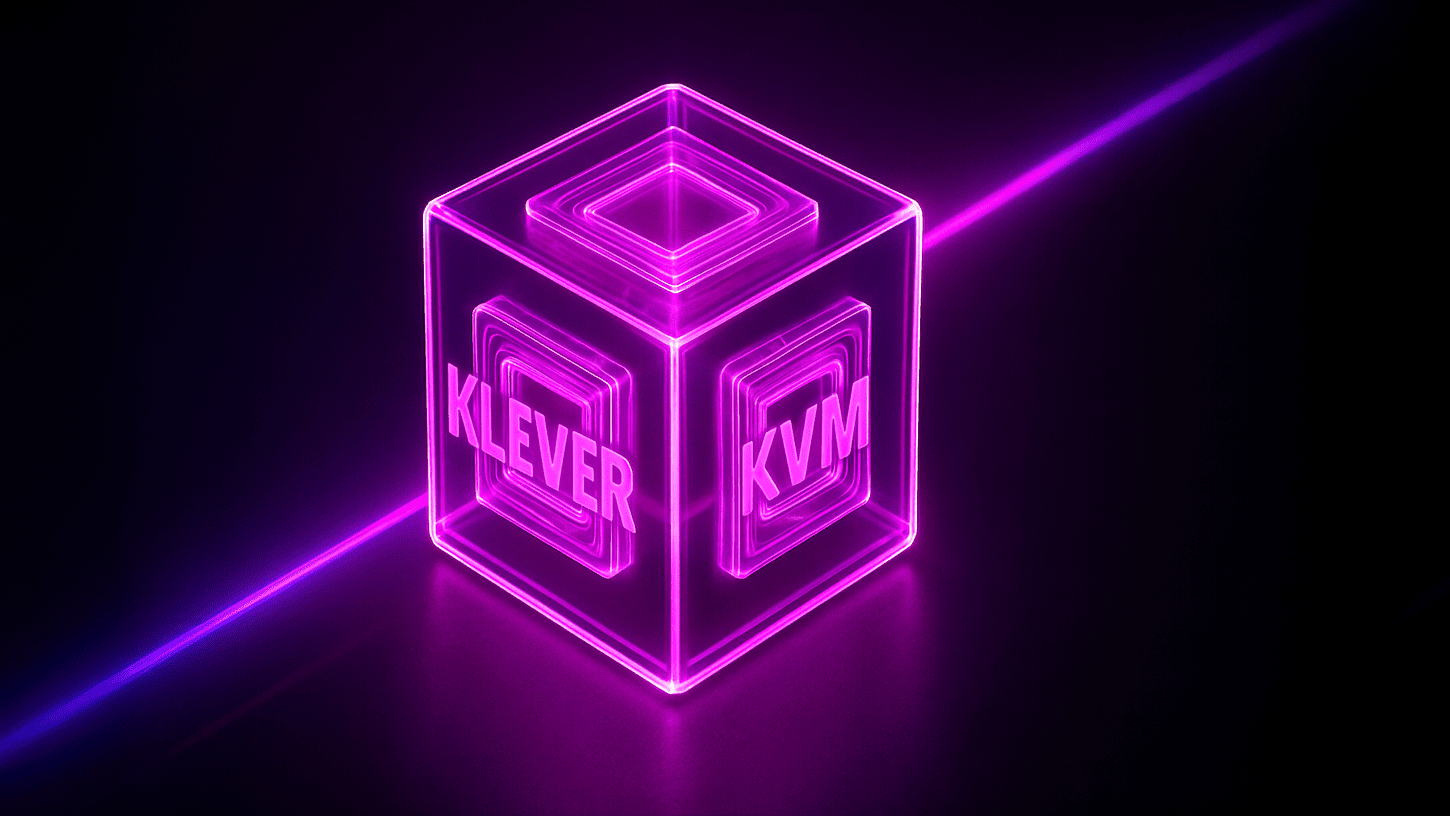Zero-Knowledge Cryptography: Proving Without Revealing

Imagine you’re at a party, and someone challenges you to prove you know the secret recipe for the world’s best cocktail – without spilling a single ingredient. Tricky, right? Now, what if you could pull it off flawlessly, leaving everyone convinced while keeping your mixology magic under wraps? That’s the essence of zero-knowledge cryptography – a mind-bending concept that’s quietly revolutionizing privacy, security, and trust in the digital world.
What Is Zero-Knowledge Cryptography?
At its core, zero-knowledge cryptography is a way to prove something is true without revealing why it’s true. In technical terms, it lets one party (the prover) convince another (the verifier) that they know a secret or that a statement is valid – without sharing any underlying details.
Picture this: You’ve got a locked box, and only you know the combination. Zero-knowledge cryptography is like showing someone the box is locked, letting them see you open it, but blindfolding them so they never glimpse the code. They’re convinced you know it, but they’re none the wiser about the digits.
This idea isn’t new – it dates back to the 1980s when MIT researchers Shafi Goldwasser, Silvio Micali, and Charles Rackoff first formalized it. But today, it’s finding its stride in a world obsessed with data breaches, surveillance, and blockchain innovation.
How Does It Work? The Cave Analogy
To wrap your head around it, let’s borrow a classic example: the Ali Baba cave. Imagine a cave shaped like a loop with a locked door in the middle. You know the secret password to open it, and your friend wants proof – without learning the password.
Here’s how it plays out:
- Your friend stands outside and sees you enter the cave on the left path.
- They shout, “Come out the right side!”
- You use the password, unlock the door, and stroll out the right side.
- If you didn’t know the password, you’d be stuck. By repeating this a few times (with random left-or-right requests), your friend becomes convinced you know the secret – yet they never hear it. That’s zero-knowledge in action: proof without disclosure.
In the digital realm, it’s not caves and passwords but complex math – think elliptic curves, hash functions, and polynomials. The prover generates a “proof” (a cryptographic string), and the verifier checks it using a public algorithm. If the math holds up, the verifier trusts the claim. No secrets spill, and the system stays secure.
Why It Matters: Real-World Superpowers
Zero-knowledge cryptography sounds cool, but what’s it actually doing for us? Plenty. Here’s where it shines:
Privacy on Steroids
Ever logged into a site and worried about exposing your password? Zero-knowledge proofs (ZKPs) can authenticate you without sending sensitive data over the wire. It’s like proving you’re over 21 without showing your ID – just a “yep, I qualify” signal.
Blockchain’s Secret Weapon
In the crypto world, ZKPs power privacy coins like Zcash, hiding transaction details while still proving they’re legit. Ethereum’s scaling solutions, like zk-Rollups, use them to bundle thousands of transactions into a tiny, verifiable package—making the network faster and cheaper without sacrificing security.
Trust Without Oversharing
Imagine sharing your credit score with a lender without revealing your full financial history. Or proving you’re not a bot online without coughing up personal data. ZKPs make that possible, flipping the script on how we handle identity and verification.
The Catch: It’s Not Perfect (Yet)
For all its promise, zero-knowledge cryptography isn’t without hurdles. Generating proofs can be computationally heavy – think slower apps or higher energy costs. Early versions were clunky, though modern tweaks like zk-SNARKs (Zero-Knowledge Succinct Non-Interactive Arguments of Knowledge) and zk-STARKs have made them faster and more practical. Still, it’s a trade-off between privacy and performance that developers are racing to balance.
There’s also the trust factor: the math is rock-solid, but if the initial setup (like a “trusted setup” in some systems) gets compromised, the whole thing unravels. Newer innovations are tackling this, but it’s a reminder – nothing’s foolproof.
The Future: Zero-Knowledge Everywhere?
As we hurtle toward a hyper-connected, data-hungry future, zero-knowledge cryptography feels like a superhero origin story. It’s already popping up in voting systems (prove your vote without revealing it), secure cloud storage, and even AI model verification. On the blockchain front, it’s a cornerstone of Web3’s privacy-first ethos.
Here at Blockrora, we’re betting it’s more than a buzzword – it’s a building block for a world where you control your data, not the other way around. So next time you hear “zero-knowledge,” don’t think zero info – think infinite possibilities, cleverly concealed.
What do you think – ready to see ZKPs take over your digital life? Drop your thoughts below!






